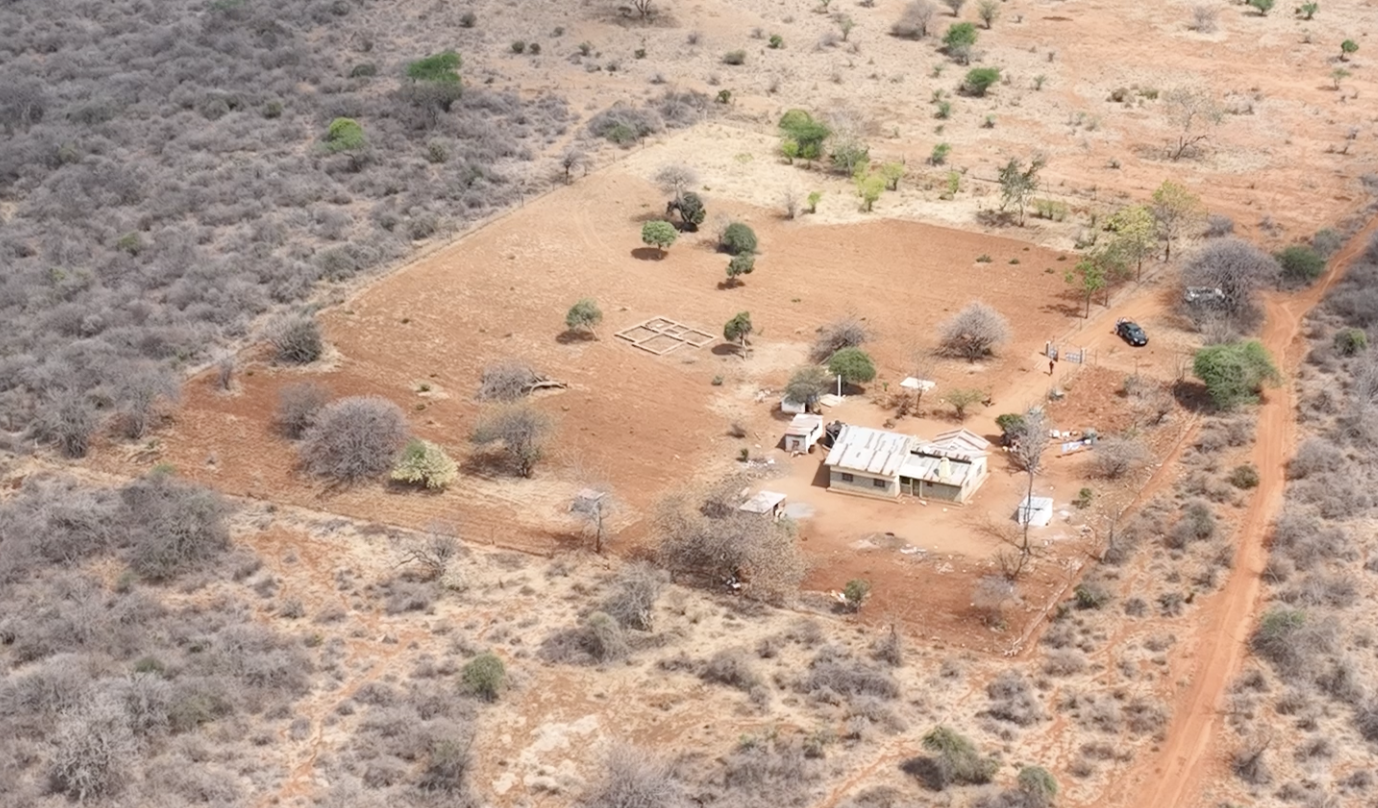The plight of Mozambique refugees in Malawi
Joao Fernando fled his home in Mozambique’s Tete province, in December last year. He says government forces arrived at his village in the early hours of the morning and began torching houses. Government and opposition fighters then exchanged fire- Joao says he saw dead bodies on the ground as he escaped with his wife and five children.
“We spent almost three months in the bush, we were hungry and sometimes I’d try to sneak into our home to get food- but once I came across some soldiers and they pointed their weapons at me. That’s when I decided we should leave for the refugee camp.” said Joao Fernando, Mozambican refugee
Joao is one of over 10,000 refugees who’ve crossed the border into Malawi since last year. They’re being relocated here to Luwani refugee camp- many with similar reasons for fleeing.
“There was a lot of fighting, bullets were flying near us and there was smoke everywhere- that’s when we decided to flee. My own family wasn’t hurt, but I recently learnt that my brother was shot dead soon after we arrived here.” said Anita Buluwayo, Mozambican refugee
Mozambique’s government has sought to play down reports of widespread violence. But the number of refugees who’ve fled and the conditions in which they’ve done so, tell a different story.
“People left everything behind, they were weak, there were unaccompanied children…” said Dorothy Kachitsa, UNHCR Malawi
The United Nations Human Rights Office and other groups have documented refugees’ testimonies, in which they accuse both sides of atrocities, including sexual abuse and summary executions. Many here say they can’t envisage going back home.
“We can’t return now, people are still being killed over there. We heard from those who’d tried to return and had to come back that between 5 and 10 of our friends were killed. ” said Joao Fernando, Mozambican refugee
While Mozambique’s government and opposition disagree over who’s responsible for alleged atrocities, the humanitarian fallout continues to grow. And there’s mounting evidence to suggest that nearly a quarter century after the end of its civil war, Mozambique could once again be mired in conflict.







